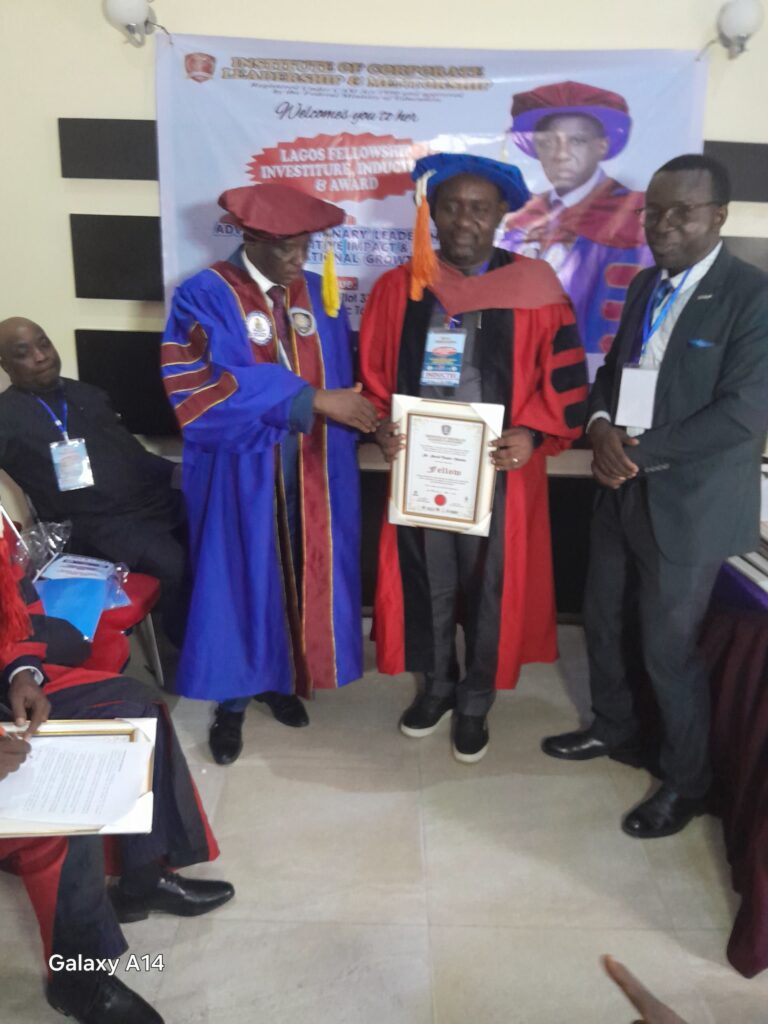
For weeks now, viewers have responded to the growing coronavirus pandemic by revisiting Steven Soderbergh‘s 2011 thriller Contagion, which tracks an eerily similar respiratory disease originating from bats in China that wreaks havoc across the globe. The film has become so popular that its distributor, Warner Bros., recently announced that Contagion currently ranks as their second-most streamed property, following only the massively popular Harry Potter series. In the wake of its second life, the film’s cast members, bold-faced names like Matt Damon and Kate Winslet, were even recruited to record COVID-19-relatetd PSAs.
It’s jarring to watch (or re-watch) the film now — terrifying in its reality-based relevance and seemingly prescient nature, especially in imagining a worst-case scenario for our current outbreak. It’s also slightly comforting, if only that the coronavirus isn’t as horrific, fast-acting and deadly as MEV-1, the virus conceptualized by Dr. Ian Lipkin, who last week revealed to Lou Dobbs that he himself has tested positive for COVID-19.
Another scientific advisor on Contagion, Tracey McNamara, tells Yahoo Entertainment that the film was a warning shot that should not be ignored.
“There are many people who have been sounding the alarm for many, many years about the threat of emerging infectious diseases, almost all of which have been zoonotic [transmitted from animals to humans],” said McNamara, former chief pathologist at the Bronx Zoo who played a pivotal role in investigating 1999’s West Nile virus outbreak and is currently a professor at the College of Veterinary Medicine at Western University in California. “Up until now, we have dodged the bullet. We haven’t really been impacted by these pandemic changes. That has changed.”
Contagion, McNamara says, “showed how quickly the virus can spread, we’re seeing that now. They showed you how a virus can spread, from the Chinese cook to Kate Winslet [who plays a CDC scientist who becomes infected].”
Soderberg and screenwriter Scott Z. Burns recruited advisors like McNamara and Lipkin because they “wanted to create a film that was very much based in science,” the professor says. They discussed plausibility, what would or wouldn’t happen in real life. McNamara helped nix an early idea that the film’s virus would originate in race horses, since the animals could be vaccinated. “And I think that’s why the movie rings so true,” she says.
McNamara, who is now involved in efforts to combat the coronavirus, didn’t parse words when it came to her frustration over Spring Breakers and other Americans ignoring warnings not to attend large gatherings and to practice in social distancing, a term that may feel new in 2020, but was used by Laurence Fishburne’s CDC officer in Contagion.
“People need to wake up. This is a time where the needs of the many outweigh the needs of the few,” she says. “I’ll be more blunt: Stop being so stupid and selfish, because your behavior is going to kill people.”
Credit: Yahoo




